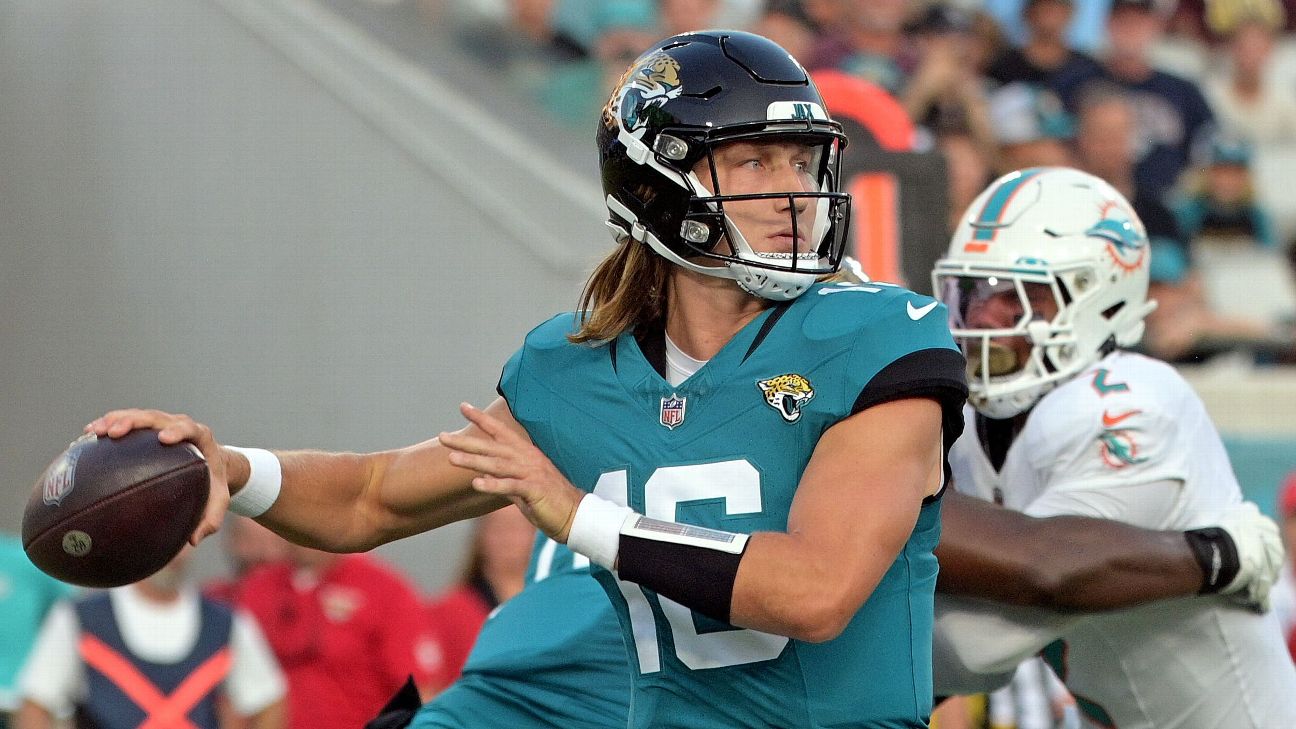California sports betting: Prop 26, 27 are both projected to fail, AP reports


SAN FRANCISCO -- The most expensive ballot proposition gamble in U.S. history went bust Tuesday as California voters overwhelmingly rejected sports betting, shooting down initiatives by Native American tribes and the gaming industry.
The two groups raised nearly $600 million in competing efforts to expand gambling and try to capture a piece of a potential billion-dollar market in the nation's most populous state.
This is a breaking news topper. Original story follows below.
So far, more than $350 million has been spent on TV ads for and against two propositions on the ballot that would make sports gambling legal: Prop 26 and Prop 27.
The former would legalize sports gambling in-person and the latter would legalize sports betting online.
So, what's the difference? And who is supporting and opposing them? Here's what you need to know.
App users: For a better experience, click here to view the full map in a new window
What is sports betting?
Sports betting is a form of gambling where someone can wager cash on a sporting event.
Why are we voting on this now?
Sports betting, except for horse racing, is currently illegal in California.
There used to be a nationwide ban on sports betting but a 2018 Supreme Court case overturned that and since then more than half the states in the country -- including New York, New Jersey and Arizona -- have legalized some form of sports gambling. It's now up to California to decide what to do here.
RELATED: Should sports betting be legalized in CA? Gov. Newsom, Graton Casino, Bay Area groups weigh-in
What is Prop 26?
Prop 26 would allow sports betting to happen just in-person at tribal casinos and at four horse racing tracks in the state. It would also allow casinos to offer roulette, craps and other dice games, which are also currently illegal. You'd have to be at least 21 years or older to place a bet, and there would be no betting on high school or college games. The measure is projected to bring in tens of thousands of dollars in tax revenue for the state, which would go towards the state's general fund.
Who is supporting Prop 26?
Prop 26 is largely backed by Native American tribes, including the Federated Indians of Graton Rancheria.
Who is against Prop 26?
Many opponents really just oppose sports betting. They cite issues around compulsive gambling and the financial impact on families.
What is Prop 27?
Prop 27 would legalize sports betting online, meaning you could literally place wages on your phone from your couch. It would allow big out-of-state gaming companies -- like FanDuel and DraftKings, which are funding the proposition -- to partner with Native American tribes to offer online, even mobile, sports gambling.
Who is supporting Prop 27?
Prop 27 is backed by the big gaming companies, Major League Baseball and some homelessness groups. The measure could bring in hundreds of millions of dollars in tax revenue, which would go towards supporting homelessness and mental health issues. That's why Community Forward in San Francisco -- which is in the process of building a new shelter for unhouse women -- is supporting it.
"Prop 27 builds in funding that is long-term and really matches the size of the crisis that we're facing," Sammie Rayner, the group's chief operating officer, told ABC7 News. "If we don't have a secure pot of funds, a sustainable pot of funds to support homeless services, we're never going to end the cycle of homelessness."
Three small Native American tribes have also endorsed the measure. They say it would allow them to benefit from gaming despite not having a lot of foot traffic.
Who is against Prop 27?
Some 60+ Native American tribes are against Prop 27. They say it would hurt their business.
Greg Sarris, the Chairman of the Federated Indians of Graton Rancheria -- which operates Graton Casino in Sonoma County -- is part of the "Yes on 26, No on 27" group. He told ABC7 News that Prop 27 would hurt Native American tribes by giving gambling power to the out of state gaming companies.
"California Indians have worked so hard to create a business that helps us sustain ourselves," Sarris said. "We don't want an outside group coming in and not only doing mobile sports betting, which is dangerous, but setting a precedent for other kinds of gambling in the state of California that would impinge on our business."
The tribes are also concerned the high cost of entry for online sports betting -- including a $10 million licensing fee -- would limit the number of tribes who could participate.
Does Newsom have an opinion?
The governor is remaining neutral on both Prop 26 and Prop 27. However, he told reporters at an event in Los Angeles that Prop 27 is not about fighting homelessness.
"I know initiatives and folks will say anything. Perhaps that initiative will provide a few dollars," Newsom said. "I'm not supporting or opposing it, I haven't given it a lot of thought, but it is not a homeless initiative. I know Angelenos can read between the lines and they know better."
What about the Democrat and Republican parties?
The California Republican Party is opposed to both Prop 27 and Prop 26. The California Democratic Party is opposed to Prop 27 but neutral on Prop 26.
What happens if both propositions pass?
One or both propositions could pass. If both pass, it could become complicated.
The proposition with the most votes could argue the other proposition conflicts with theirs. They could take legal action to prevent it from becoming law.
Take a look at the latest stories and videos about the 2022 Midterm Elections here.










